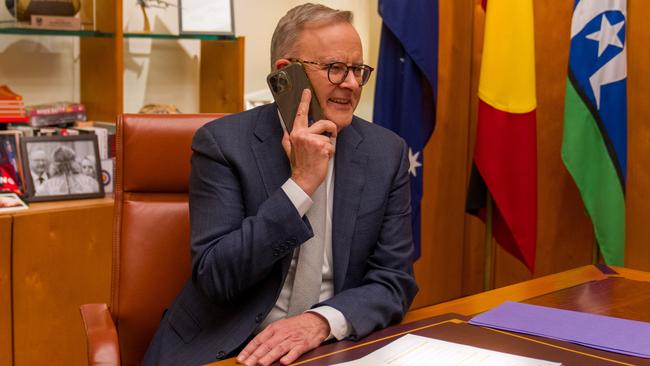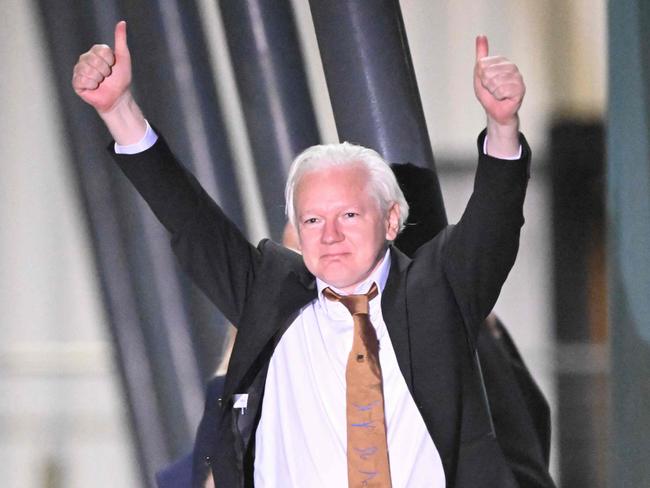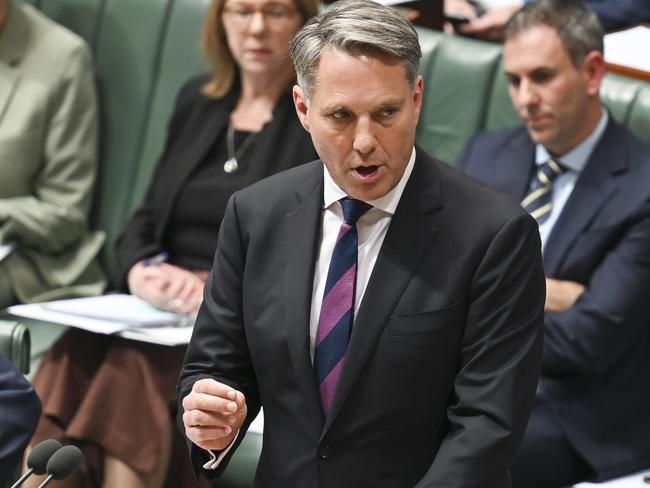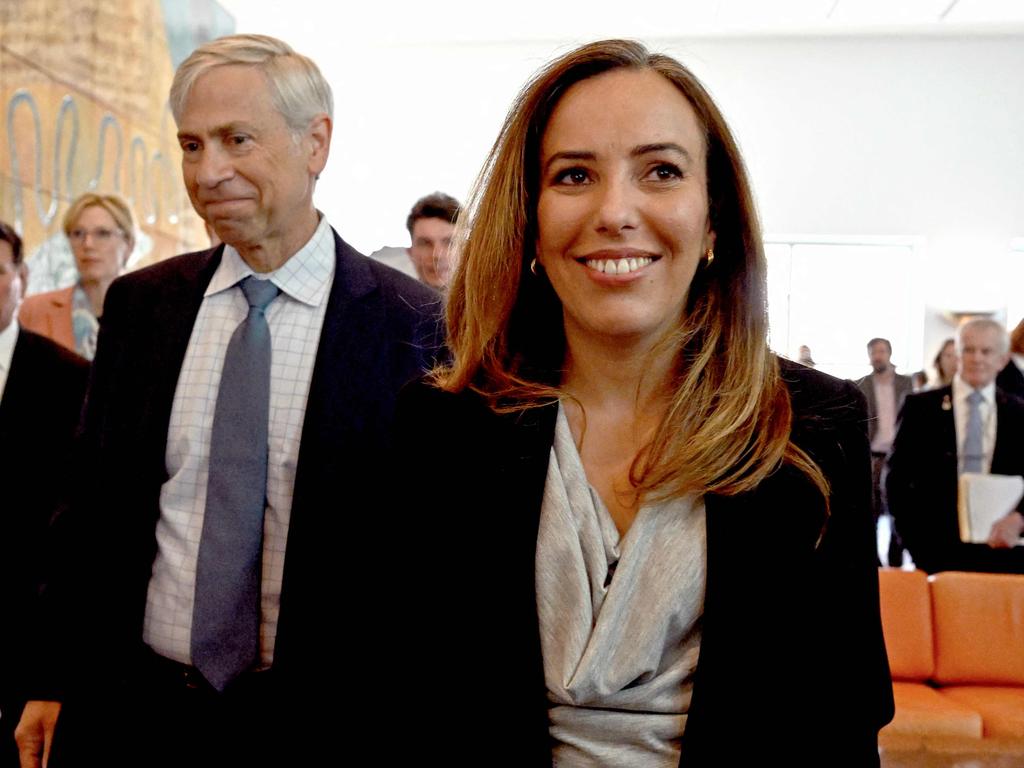
This is particularly the case of causes and sympathies dear to the heart of the left of politics, where he wants to continually compete with the Greens, where he can’t suppress his personal feeling and act as a Prime Minister.
His gushing welcome for Julian Assange after the WikiLeaks founder copped a guilty plea on charges of espionage against the US, his prearranged “first phone call” as the plane’s wheels touched the ground in Canberra, his bracketing of long-term victims of repressive regimes with Assange, no condemnation of Assange’s actions that led to the guilty plea, and joy at having “done this” are evidence of his personal enthusiasm not necessarily aligning with a significant part of the population.
Assange’s wife, Stella, said her husband credited Albanese with “saving his life”.
But Albanese’s tendency to a tin ear means he can sometimes turn a positive achievement or desired outcome into a political disadvantage and one not necessarily in the national interest. His failure on the Indigenous voice to parliament was because enthusiasm and support from the left and elites blinded him to the slow-moving train wreck it was.

Preparations for Assange’s welcome home could only have been more of a circus and of greater concern to Australia’s intelligence community if Albanese performed a personal congratulations complete with manly hugs and tearing up.
By conceding to Assange’s demands for the presence of two ambassadors and former foreign ministers, the Albanese government was allowing a totally divisive character to orchestrate his own heroic return.
There is no doubt that the Australian, US and British governments wanted the Assange “saga” to end before anything untoward occurred while he was in jail and the growing coalition of support for him undermined public support for the trilateral strategic alliance.
Leaders on all sides accepted the narrative that Assange had been in prison for “too long” and that the dispute had to be settled, including even the US Department of Justice.
Even Peter Dutton agreed it had been going too long, the British did not want to deal with the matter any longer, and senior officials of both the Trump and Biden administrations wanted it over.
But the end of the matter, with the close personal involvement of Stephen Smith and Kevin Rudd, was still not going to please people who maintained Assange’s treasonable guilt, nor did it mean he was a hero.

On Sunday morning Defence Minister Richard Marles, who travelled recently to the US, would not resile, properly, from his previous comments that Assange put lives at risk, including Australian service personnel.
Marles merely reflected the sensible arguments in defence of the strategic agreements and did not gush over Assange.
At his late-night press conference called to specifically welcome Assange home, disclose he was the first person to speak to him on the phone and declare this was evidence that he was a Prime Minister who got things done, Albanese equated the convicted felon with Cheng Lai and Sean Turnell, long-term prisoners of repressive regimes on false charges.
Albanese demonstrated a great willingness to talk about Assange and how he had campaigned for years at the highest levels to get him freed. It was a publicity show to appeal to Assange’s supporters and the many people who felt it had gone on too long.
While the US wanted the problem solved, it did not want Assange treated as a hero or feted for pleading guilty to espionage. Nor do security and defence establishments, which were the victims of the mass security breach.
As ambassador to the US, Rudd will undoubtedly report to the US Department of Justice and the dozens of officials he has lobbied, as will Smith as high commissioner to the UK, but their reports will be on the deal, not on any political pointscoring. Albanese needs to realise his enthusiasms are not necessarily shared and do not always make for good policy or politics.






One of Anthony Albanese’s biggest weaknesses as Prime Minister is his inability to curb his enthusiasms, no matter how genuinely and deeply felt, and to seek public approval for achievements that may not be in his interest or the interest of his government.